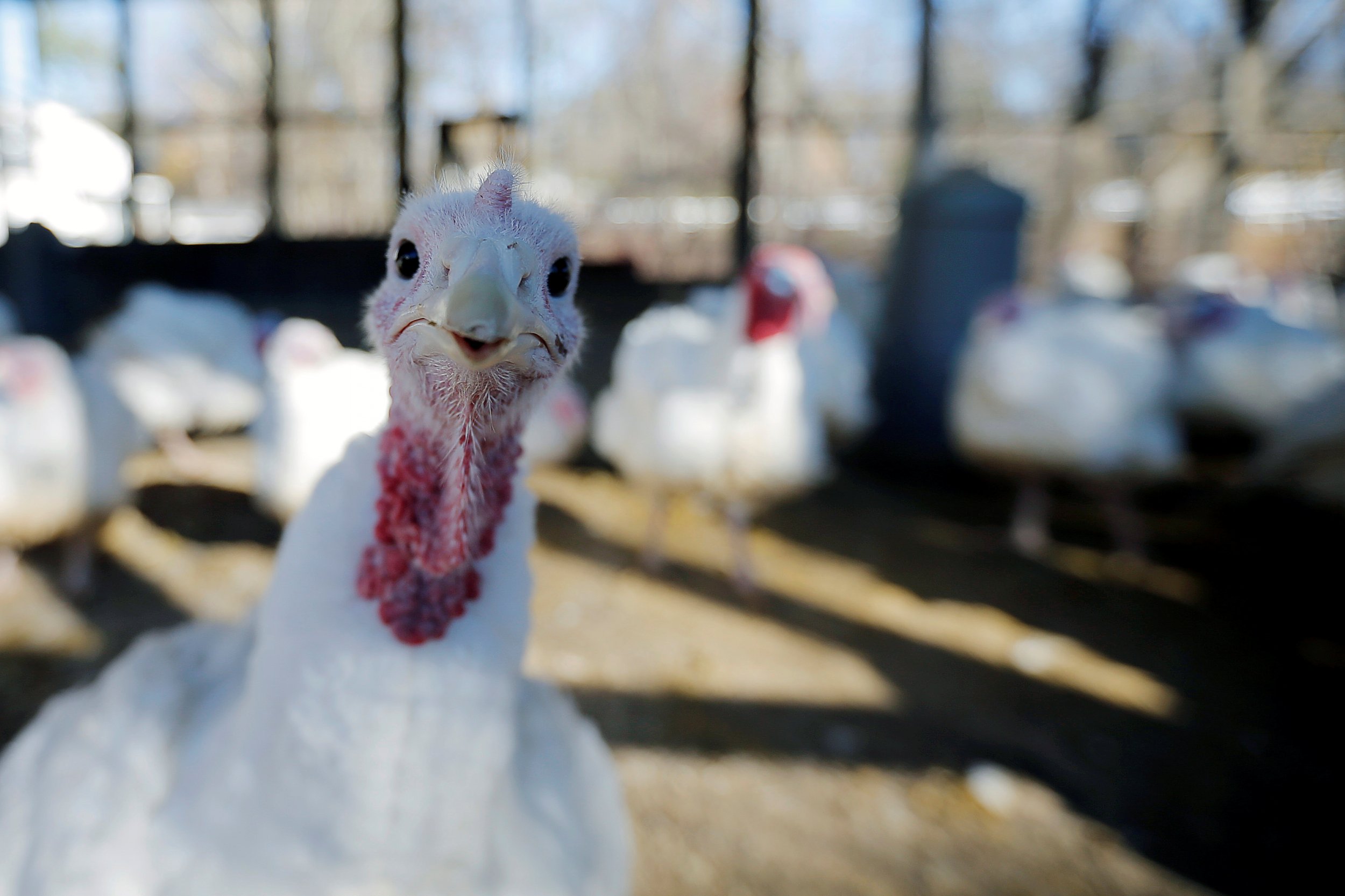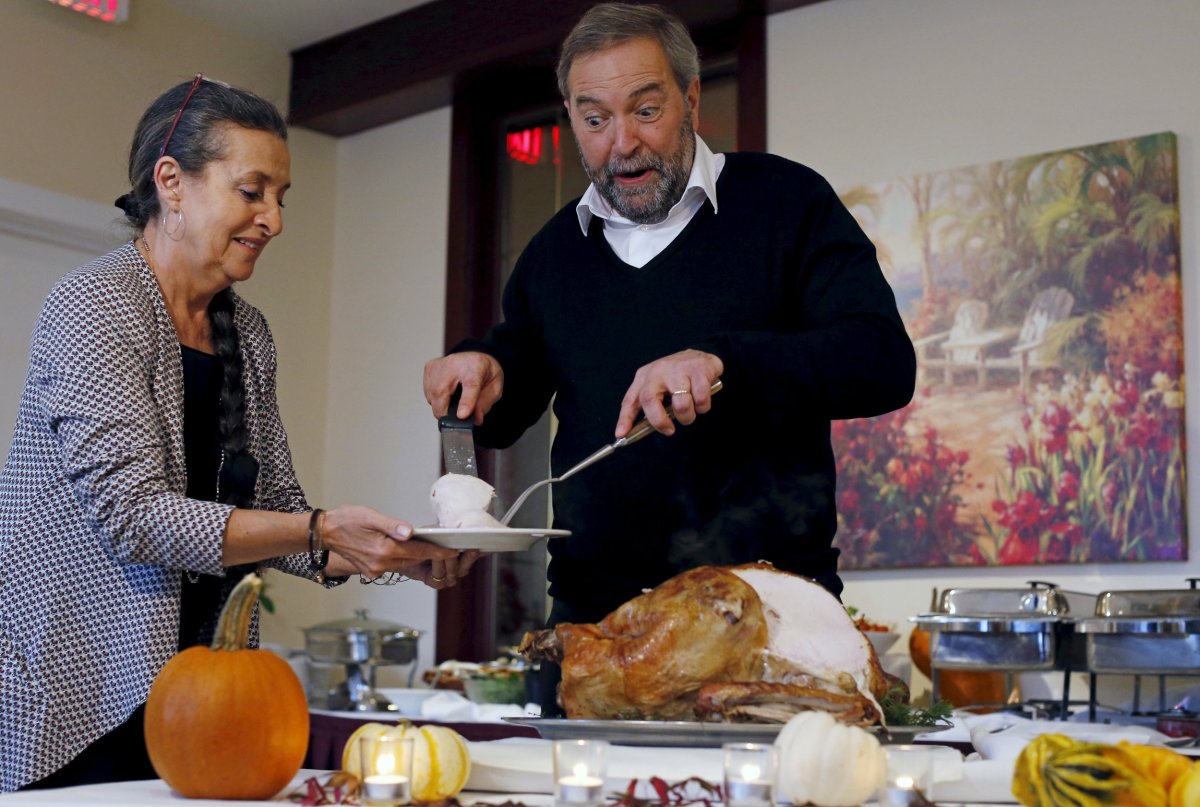
Thanksgiving is a holiday of hard truths. And the centerpiece, turkey, is no exception. From Seinfeld to The Bernie Mac Show, it's easy to to find depictions of turkey as a food that that will make you pass out due to supposedly high amounts of the chemical tryptophan.
Reader, this is wrong.
As Lisa Sasson, a nutritionist at NYU, tells Newsweek, the idea that people become drowsy or lethargic from the tryptophan in their Thanksgiving turkey is nothing more than a myth.
Tryptophan, she says, is "equally present in all animal protein." There is a fair amount of research indicating that tryptophan does in fact make people sleepy. Turkey does contain tryptophan, an amino acid that, when it makes it into the brain, is broken down into the chemicals melatonin and serotonin, creating a sedative effect. But the levels of tryptophan in turkey, Sasson says, are about the same as chicken or any other animal.
Let's say your family is serving up chicken or duck. That still wouldn't be the culprit, Sasson says.

In order for the tryptophan to take effect, it needs to get into your brain. In order to do that, it has to go from your plate to your stomach to the bloodstream and pass through what's called the blood brain barrier. The blood brain barrier is a kind of bouncer between everything in the rest of your blood supply and the very exclusive nightclub that populates the circulatory system in your brain: only the things that need to get in are allowed to enter.
"The turkey's quite innocent. The reason most of us are overtired is we overeat," Sasson said. "Eating is a stressor on the body."
Snopes also has waded into the turkey grease. In order for the tryptophan in turkey to truly make someone sleepy, it would have to be consumed with little other protein and very few carbohydrates. Odds are, if you're at a thanksgiving dinner, neither of these conditions will be met.
So yes, you may feel sleepy after your Thanksgiving meal, but that's probably because you're eating a huge meal, heavy in sides, at a much earlier time than you normally eat. And if you're really feeling that family stress, you may be drinking a decent amount too. In that respect, at least, another bite of turkey couldn't hurt.
Uncommon Knowledge
Newsweek is committed to challenging conventional wisdom and finding connections in the search for common ground.
Newsweek is committed to challenging conventional wisdom and finding connections in the search for common ground.
About the writer
Joseph Frankel is a science and health writer at Newsweek. He has previously worked for The Atlantic and WNYC.
To read how Newsweek uses AI as a newsroom tool, Click here.








